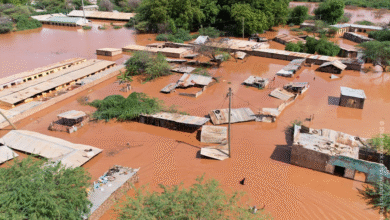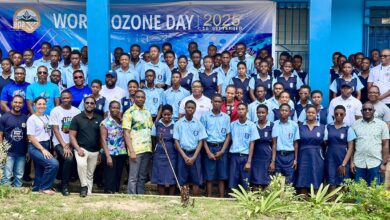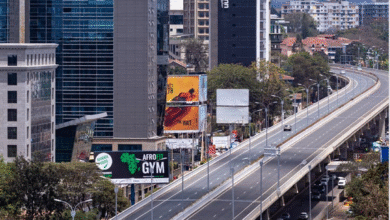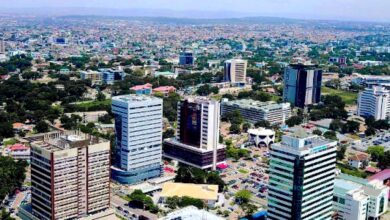Fragile States Push for Inclusion at COP30: Over One Billion Left Behind in Climate Finance
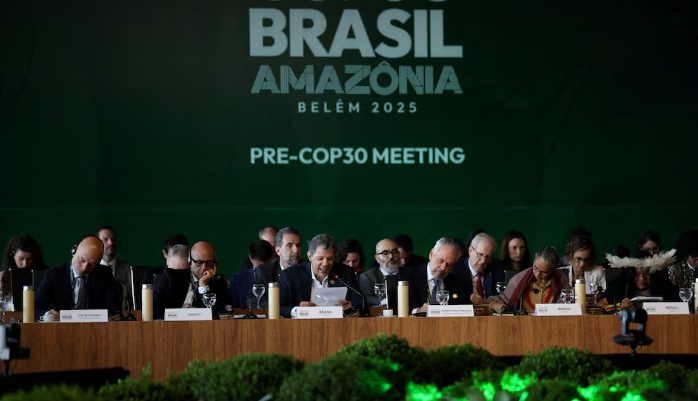
As COP30 continues in Belém, fragile and conflict-affected countries are warning that more than one billion of the world’s most vulnerable people are still being excluded from climate finance. The conference has emphasized putting “people at the centre” of climate action, but experts say many at-risk populations remain sidelined.
The Improved and Equitable Access to Climate Finance Network, formed in 2024, issued a statement on Tuesday highlighting the challenges facing countries dealing with conflict, displacement and weak governance. The Network, which includes Somalia, Burundi, Mauritania, and Papua New Guinea, has added three new members this week.
Fragile States Receive Minimal Climate Funding
Despite facing severe droughts, floods, food insecurity, and resource conflicts, fragile states received only 10 percent of global climate finance in 2022. Administrative hurdles, lengthy approval processes, and complex application requirements continue to block access.
At a UNFCCC side event, Yemen’s Minister of Water and Environment, Tawfiq Al-Sharjabi, noted that limited technical capacity and rigid procedures prevent timely access to funding. Somalia’s Minister of Environment and Climate Change, Bashir Mohamed Jama, said Somalia receives just over US$300 million annually for climate adaptation—less than one percent of its needs—while humanitarian aid totals US$1.1 billion.
“This is a damning failure of the global system,” Jama said. “It is easier to fund disaster response than prevention.”
Urgency for Reform in Climate Finance
As COP30 negotiators discuss increasing global climate finance, including mobilizing an extra US$1.3 trillion, experts emphasize that fairness must match ambition. Mauricio Vazquez of ODI Global stressed that funds must reach the people who need them most.
The Network is calling on climate funds and development banks to change allocation practices so fragile states are no longer left behind. Greater investment in long-term adaptation and resilience is essential, rather than relying on post-disaster responses.
Climate Change Exacerbates Fragility
Experts warn that climate impacts are worsening existing vulnerabilities. Asif R. Khan of the UN Department of Political and Peacebuilding Affairs said many UN peace operations are located in climate-stressed regions where extreme weather drives conflict.
In West Africa, shrinking water resources have intensified clashes between herders and farmers. Khan said true resilience requires combining environmental interventions with peacebuilding, inclusive governance, and context-sensitive financing.
Building a More Inclusive Finance System
Some donor countries are pushing for more equitable climate finance. Ireland’s Minister of State for Foreign Affairs, Neale Richmond, said Ireland prioritizes reaching “those furthest behind first,” highlighting the links between climate, peace, and development.
With Mauritania, Papua New Guinea, and South Sudan joining the Network this week, its influence within COP30 negotiations is growing. The coalition insists that climate justice cannot succeed if fragile countries and the one billion people living in them remain excluded from critical funding and decision-making.
As COP30 approaches its conclusion on November 21, fragile states are sending a clear message: global climate action must reach the most vulnerable, not only those able to navigate complex funding systems.

